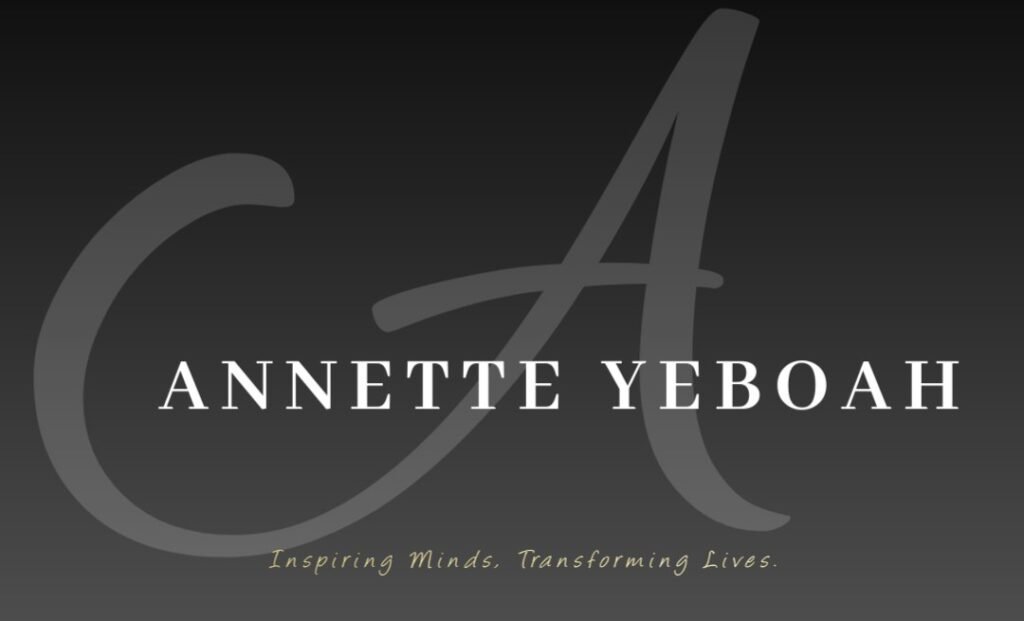A Nation Shaped by Faith Yet Struggling
OVER-SPIRITUALITY in Ghana has become more than just a mindset, it’s shaping how many approach life, work, and money. Ghana is a deeply religious country which is why over spirituality is keeping Ghanaians poor. From the sound of early morning worship songs to prayer camps on every hilltop, faith is visible, vocal, and powerful. But for all the noise around religion, there’s a rising concern: why are so many deeply spiritual people still struggling financially?
Could it be that we’ve confused faith with fantasy? Could it be that in trying to be ‘spiritual,’ we’ve abandoned wisdom, responsibility, and action?
This post isn’t an attack on faith—far from it. It’s a call for reflection. Is it possible that over-spirituality is keeping Ghanaians trapped in poverty?

Faith or Fantasy? When Spirituality Replaces Strategy
The Comfort and Consequence of “Let’s Leave It to God”
‘Let’s leave it to God.’ It’s a phrase we hear often. Sometimes it brings comfort. Other times, it stops important conversations dead in their tracks.
In many Ghanaian homes, problems that require practical solutions—career issues, poor health, financial planning—are often met with spiritual responses. While prayer is essential, it’s becoming a substitute for planning, learning, and working.
Spiritual Bypassing in the Ghanaian Context
This is what psychologists call spiritual bypassing: using religious ideas or practices to avoid facing painful realities or responsibilities. And it’s everywhere—from classrooms to boardrooms.
Church pulpits echo with testimonies: ‘I didn’t even apply, and they just called me for the job!’ ‘I sowed a seed, and someone gifted me a car!’ However, we celebrate outcomes, but we rarely hear the process. No one talks about rejection letters, networking, hard work, or skill development.
But the Bible is clear in James 2:17: “Faith without works is dead.” Faith isn’t magic. Rather than being idle, it should drive meaningful action and intentional progress.
A Ride That Revealed a Bigger Problem
The Uber Conversation That Exposed a Fear-Based Narrative
Just recently, I sat in an Uber car in Accra. The driver had tuned in to Class FM, a Ghanaian radio station. The topic they were discussing caught my attention and honestly, left me frustrated. The hosts were talking about how giving help or gifts to someone could alter one’s destiny—especially if the receiver had evil intentions.
I couldn’t help myself. I turned to the driver and challenged the conversation. I said, “That’s not true. If Jesus Christ lives in you, no one, not even an enemy can change your destiny.” But the driver didn’t reason with me. He simply nodded and said he agreed with what he was hearing on the radio.
That moment stuck with me. I asked him: ‘If this is the kind of misguided information we’re feeding the public every day, how can we expect people to progress? How can a nation rise if fear becomes stronger than faith?’
The Culture of Fear and Stagnation
This obsession with curses, spiritual danger, and superstition is hurting us more than we realize. It’s feeding into a culture of suspicion, fear, and passivity—keeping people stagnant, afraid to try, afraid to receive, afraid to grow.
The Rise of ‘Miracle Mentality’ in Ghana
The Shift from Discipline to Breakthroughs
In many parts of Ghana, Christianity has been shaped by the pursuit of miracles. The rise of prosperity preaching has placed more emphasis on divine ‘breakthroughs’ than budgeting or investing. People are taught to ‘sow a seed’ for financial blessings instead of learning how to save, plan, and build.
Pastors as Influencers, But Members Remain Unskilled
In many churches today, pastors are not just spiritual leaders—they’re also media moguls, real estate owners, and political influencers. They own banks and businesses. Meanwhile, many of their followers are encouraged to fast and pray for jobs, without learning how to craft a CV or build a network.
The Case of Ama: A Faithful Yet Stalled Believer
The result? A growing number of Ghanaians are caught in a miracle mentality—believing that one powerful prayer or prophecy will change their life overnight. No training, no mentorship, no skill—just spiritual declarations.
Take Ama, for example. She’s been to 14 all-night vigils in two months. She has prayed, fasted, and ‘anointed’ her CV. But she hasn’t updated her job skills in two years. She hasn’t learned how to use LinkedIn or even rewritten her resume. Her faith is strong—but her strategy is weak.
How Poverty Persists Through Miseducation
Spiritual Misinformation from Childhood
We don’t often connect poverty with misinformation—especially when it comes from spiritual sources. But that’s exactly what’s happening.
From a young age, children are taught to ‘just pray hard,’ but they’re rarely encouraged to think critically or solve real-world problems. In Sunday school, children learn about obedience—but not about ownership, initiative, or leadership.
The Church’s Neglected Role in Skill Development
The church, which has so much influence in Ghana, often overlooks skill development. How many churches teach financial literacy? How many offer career coaching, coding classes, or entrepreneurship seminars?
Blaming Demons Instead of Embracing Discipline
Instead, people are warned that hard times are often the result of spiritual attacks, curses, or ‘family altars.’ So they spend more time casting out demons than building up disciplines. While spiritual warfare is real, not everything is demonic. Sometimes, the enemy is simply ignorance.
This miseducation keeps people dependent—waiting on God, or their pastors, to ‘shift’ their season when what they really need is to study, work, and grow.
Biblical Faith Is Not Passive

Scriptural Evidence of Active Faith
Let’s get one thing straight: biblical faith is not passive. It’s not sitting and hoping. It’s not folding your arms and waiting for a prophecy to come true.
Look at the Bible:
- Noah didn’t just wait for the flood. He built an ark.
- Ruth didn’t wait for favor. She worked in the fields.
- David didn’t just sing Psalms. He trained for battle.
- Paul wasn’t just a preacher. He made tents to fund his ministry.
Even Jesus, yes, the Son of God—worked. Until He began His public ministry, He was known as a carpenter. And even during ministry, He walked long distances, taught crowds, fed thousands, and trained disciples.
In Proverbs 10:4, we read: “Lazy hands make for poverty, but diligent hands bring wealth.” The Bible is not anti-work. It’s deeply pro-productivity, excellence, and wisdom.
One of Jesus’ final instructions in Luke 19:13 was: “Occupy till I come.” That’s not a call to sit and sing. It’s a call to lead, build, innovate, and expand.
Moving Forward: Spirituality That Inspires Action
Reclaiming a Balanced Approach to Faith and Work
Moving forward, what can we do?
It’s time to redefine faith. Faith should inspire movement, not delay it. Trusting God means also trusting that He gave you a brain, a talent, and time for a reason. You’re not here to wait—you’re here to work.
The Church’s Call to Equip, Not Just Encourage
5 Ways to Become a Christian Thinker in Ghana- Resources
Churches must rise beyond only teaching about heaven. We must teach people how to live on earth with purpose and dignity. That includes:
- Financial literacy: Teach how to budget, save, and invest.
- Career mentorship: Host CV-writing workshops, mock interviews, and business pitch events.
- Mindset training: Help believers unlearn shame, poverty thinking, and fear.
A Call to Individuals: Plan, Invest, Own Your Path
And as individuals, we must stop hiding behind spirituality as an excuse. Pray, yes—but also plan. Fast, yes—but also invest. Go to church, yes—but also go to school. Moreover, work hard and take ownership of your future.
To build a meaningful life beyond short-term breakthroughs, consider what it means to think beyond your generation and build a legacy that lasts.
God Is Not Against Progress
The issue is not faith itself. The issue is how faith is being used.
God is not against success, ambition, or wealth. In fact, delighting in excellence is part of His nature. However, He works through process, not shortcuts. There is no substitute for effort.
Over-spirituality in Ghana is a barrier to progress—not because we believe in God, but because we often misunderstand what that belief demands of us. We’ve turned faith into fantasy and turned away from the daily, quiet, difficult work that leads to growth.
Let’s get back to balance. Let’s pray and prepare. Let’s worship and work. Because true faith moves forward.





